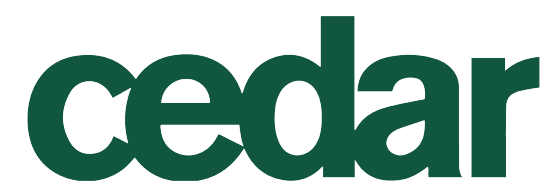Sailing through the AI storm (to breakfast in sunshine)
In earlier centuries, the most advanced technology for traversing the globe was a sailing ship. It’s hard to think of a creaking, leaking pile of planks exploring new horizons, but that’s what cutting-edge naval architecture was like in those days. When a storm broke the men would trim the sails, batten down the hatches, go below and ride it out until the danger abated. However, the prudent captains left someone at the helm, so they could see steer the ship and see when the weather was changing.
Then, in the nineteenth century, the steam engine and iron-clad hulls transformed the world of oceanic navigation. Those who invested ahead of the curve soon sailed (the word we still use today) further and more quickly than their competitors. As a metaphor for modern-day firms navigating the rapidly changing world of business, it seems to me there is something we can learn from our seagoing forebears. Having the right person at the helm to navigate changing currents, storms and tides is vital.
Change is a magical thing. The fact that we read about new technological advances every day suggests that some amazing changes are just over the horizon. In fact, many are already here; we’re just not up to speed quite yet. I recall a conversation with a very high-level techie who worked on Alexa for Amazon, in which he pointed out that if you are reading about a new bit of tech in the mainstream press that means it has already been worked on for many years and is ready for roll-out. Yet, humans being what we are, we sit back, fearful of the future and cynical about attempts to change it. McKinsey has recently found that due to ‘change fatigue,’ two-thirds of employees are wary of transformation projects, yet much of the current online discussion on this subject is an exercise in stating the obvious. We are enjoined to engage with our employees about change. Involve them in its implementation. Treat them as people. Of course, these sentiments are not wrong; it’s just that if they need stating then you’re probably not ‘doing’ change well in the first place.
As specialist recruiters with our ear to the ground, we are involved in hundreds of conversations about change in finance and financial systems every week. Speaking daily with CFOs, CTOs, Programme Directors, Transformation and Change Managers in capital markets, we absorb and digest a huge range of opinions and market intelligence. We have chats over coffee, chats in boardrooms, chats online and over the phone – all with one unifying theme: how and where can my company find the people who have the breadth of knowledge, skills and expertise that will drive this change? Increasingly, the demand is for those with the AI skills to effect transformation of legacy projects, especially as budgets are freed up as the economy picks up after the recent dip into recession. To complicate things, we have a general election looming. Normally, that breeds uncertainty and slows down investment, but it doesn’t look as it that will be the case this time. All this, in our opinion, makes it an ideal time to get some senior decision-makers together to discuss the growing impact of AI on finance systems and how it can transform businesses in the capital space as we move through 2024 and beyond.
If you’re currently working at a senior level in change/finance/IT with a brief to transform systems, infrastructure, headcount, new acquisitions, the migration from legacy to new systems, seeking investment to add value – and, on top of this, wondering where you’re going to find those magic people who will organise and lead all this to a successful conclusion and be at the helm of your business for years to come, you’ll want to be at the Wolseley on 25th July for our forthcoming Breakfast Seminar. It’s an ideal opportunity to a) focus on the impact of AI on finance systems, b) engage with like-minded, senior-level, decision-making peers, c) meet with others who have current/recent, direct experience of introducing a major change management programme and, d) of course, have a (very) nice breakfast on us!


